theteam@theeducationhub.org.nz
Postal Address
The Education Hub
110 Carlton Gore Road,
Newmarket,
Auckland 1023
Some students may learn to comprehend and express meaning through language differently to their peers, and require additional support to develop these skills.

How to promote the success of students with Developmental Language Disorder in secondary school.

Approaches and strategies for supporting students with Developmental Language Disorder in primary school classrooms.
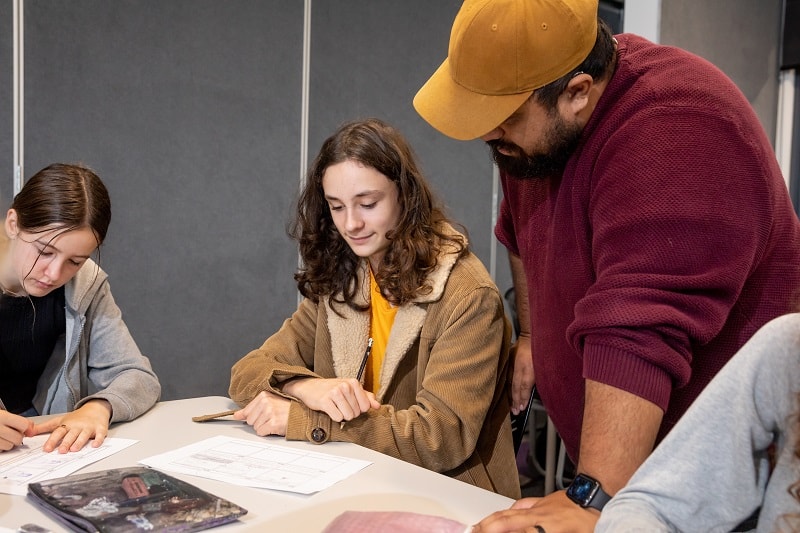
An overview of DLD, one of the most common forms of neurodivergence, and how to support students with DLD in the classroom.
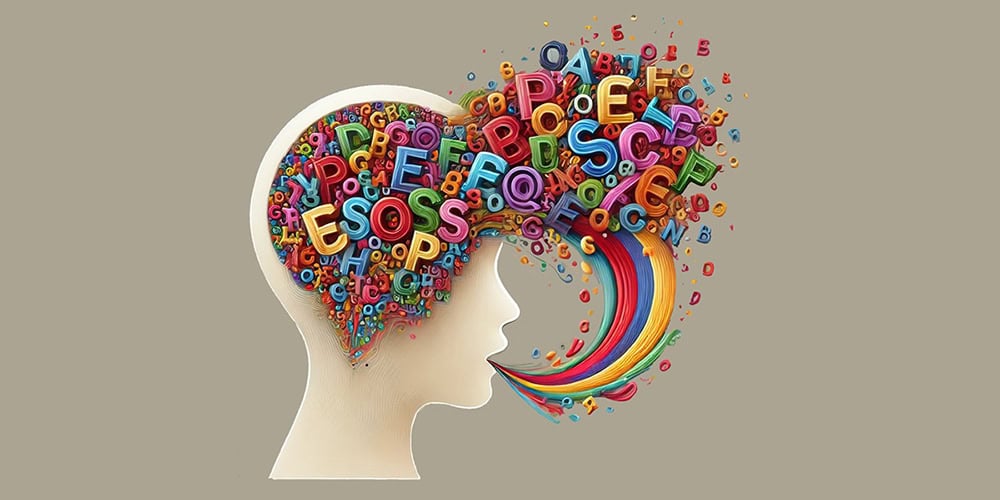
Speech pathologist Vanessa Leaver talks about DLD, how it can affect children and young people at school, and how to support students with DLD in the classroom
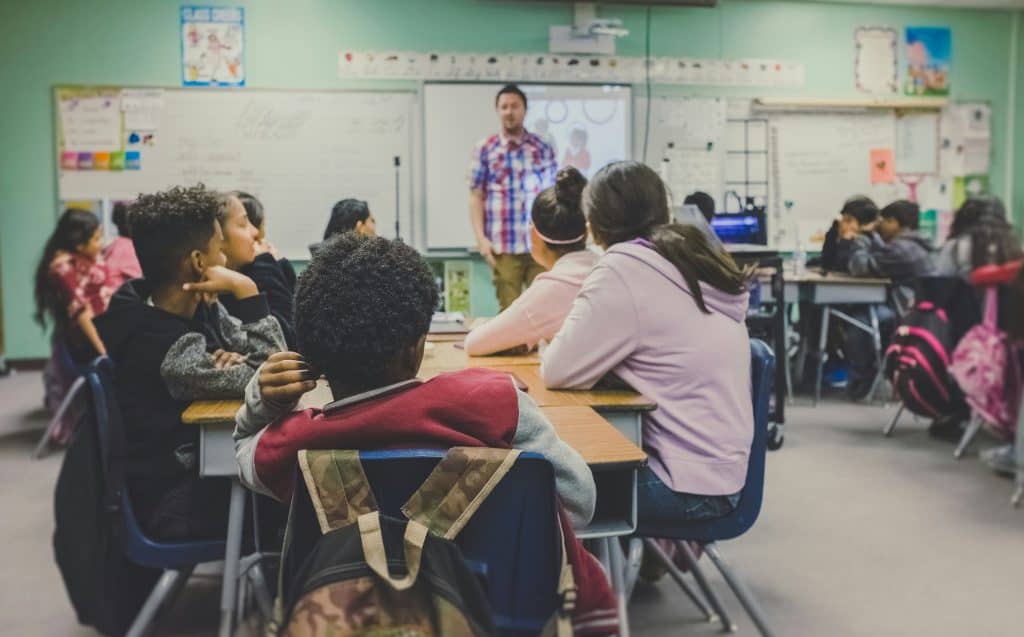
Dr Emily McDougal (Anna Freud Centre) shares insights from her work into supporting neurodivergent students in schools and classrooms.
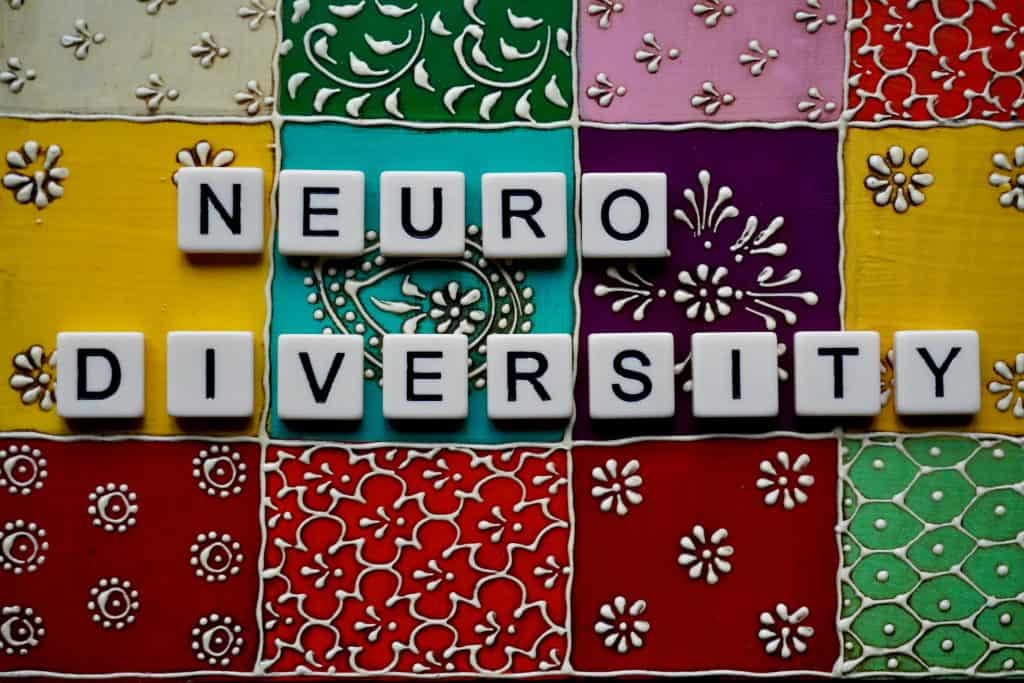
Exploring the challenges that neurodiverse students face in schools and as they move on to tertiary education, as well as how teachers and schools can help to ameliorate these challenges

Key insights from a webinar with speech pathologist Vanessa Leaver.

Insights from the webinar with Emily McDougal on supporting neurodivergent students in schools and classrooms.
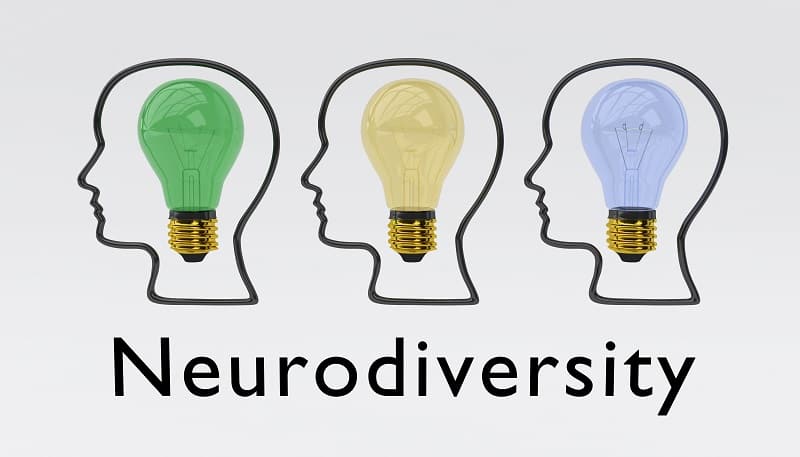
Dr Chiara Horlin offeres practical ways that teachers and schools can help to ameliorate these challenges and support neurodivergent students to celebrate and use their strengths in the classroom.